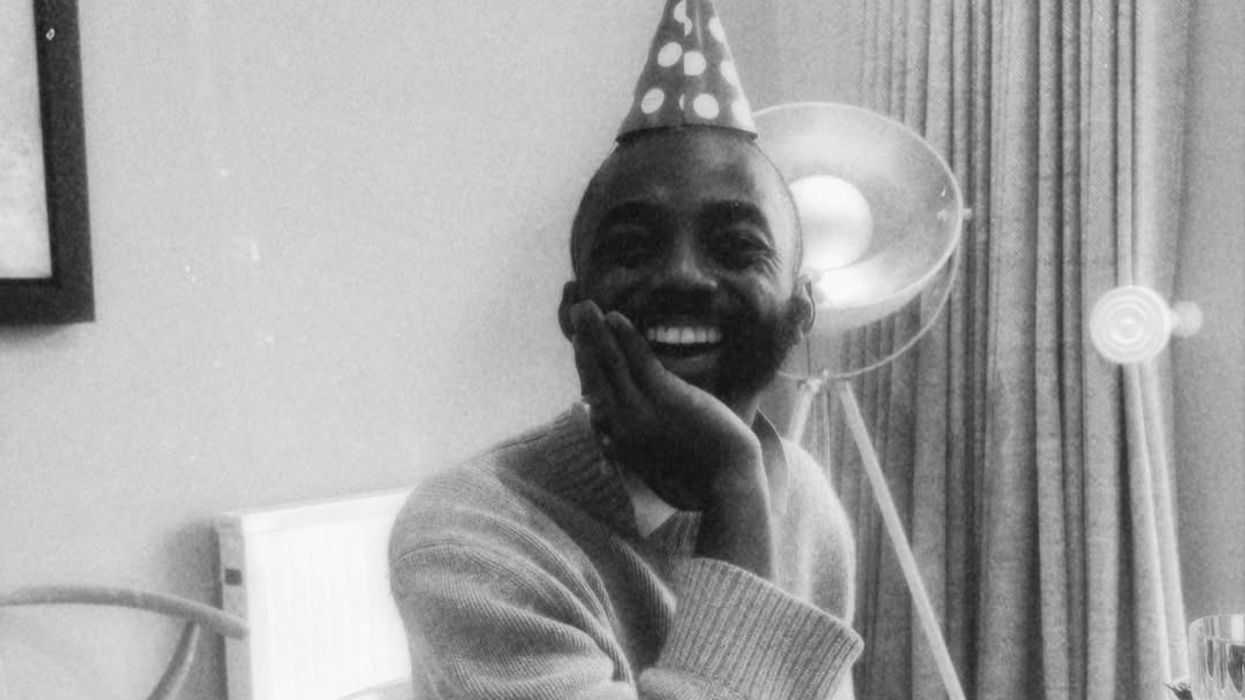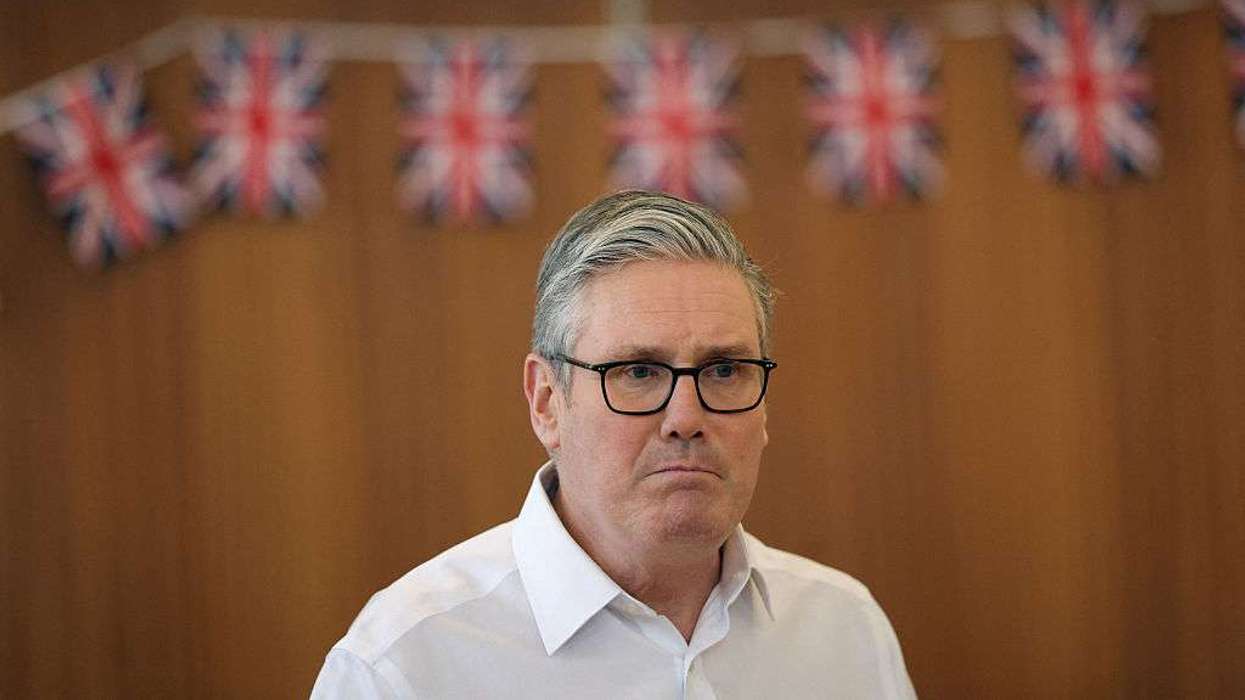British-Ghanaian artist Joseph Awuah-Darko, 28, has made the difficult decision to pursue euthanasia due to the unbearable toll of living with bipolar disorder. Having battled mental health challenges for decades, Awuah-Darko has chosen to move to the Netherlands, where euthanasia is legal, and is now awaiting approval for the procedure – a process that could take up to four years.
Awuah-Darko, known for his thought-provoking artwork and social activism, has used social media to share his mental health journey and the difficult decision he made after years of careful consideration. His story has sparked a global conversation about mental health, euthanasia, and the right to die with dignity.
Struggles with bipolar disorder
Bipolar disorder, often described as a manic-depressive illness, causes extreme shifts in mood, energy levels, and the ability to carry out day-to-day tasks. For Awuah-Darko, these shifts have become overwhelming, and he has expressed that his mental state has worsened over the years.
In a candid Instagram video posted in December 2024, Awuah-Darko opened up about his struggles, stating: "I am bipolar, and I moved to the Netherlands to legally end my life." The post detailed his daily experience of living with severe pain and how, after five years of deep reflection, he decided to apply for euthanasia through the Euthanasia Expert Centre in the Netherlands.
In his video, Awuah-Darko explained that his decision to seek medically assisted death was not a rejection of life itself but a recognition that the weight of his own mental health struggles had become unbearable. "I am not saying that life isn’t worth living. It ABSOLUTELY is. What I am saying is that the mental weight of MINE has become entirely unbearable," he said.
He also highlighted the pressures faced by young people in today’s society, including burnout, debt, depression, and the rapid pace of technological change. For Awuah-Darko, these challenges are further intensified by his bipolar disorder.
The Last Supper Project
As he awaits the approval process for euthanasia, which involves several stages and can take years to complete, Awuah-Darko has launched a new initiative called "The Last Supper Project." The project began after he received more than 100 messages from strangers who were touched by his story and invited him to dinner.
Inspired by the overwhelming response, Awuah-Darko turned these personal dinner invitations into a global tour where he shares his story with strangers over meals. Through these dinners, he hopes to foster open discussions about mental health, the pressures of modern life, and the complexities of his decision to pursue euthanasia.
The project has attracted attention worldwide, with people expressing a range of emotions. While some individuals have voiced their respect for his decision, others have encouraged him to reconsider. The dinners have become an opportunity for Awuah-Darko to connect with people on a personal level, creating a space for empathy and understanding in a world that often overlooks the intricacies of mental health.
A legacy of art and advocacy
In addition to The Last Supper Project, Awuah-Darko is working to leave a lasting legacy through his art and writing. His book, "Dear Artists," is set to be published in Spring 2025, and he has arranged for all royalties from the book to be donated to a mental health charity. The book explores his reflections on art, mental health, and the challenges facing young artists today.
Awuah-Darko has also announced that he will be selling his entire collection of contemporary art as part of his preparation for euthanasia. "I’m ready to go home," he wrote in his December 2024 post, expressing his readiness to conclude his affairs and find peace after years of struggle.
A global conversation on mental health
Awuah-Darko’s decision to share his story publicly has ignited a global conversation about mental health, euthanasia, and the complexities surrounding the right to die. His openness has led to an outpouring of support and debate, with some advocating for a greater understanding of mental health challenges and others raising ethical questions about euthanasia for psychiatric conditions.
His story highlights the importance of addressing mental health care in a holistic way, ensuring that those living with conditions like bipolar disorder have access to the support and treatment they need. While Awuah-Darko’s decision is deeply personal, it has drawn attention to the wider issue of how society responds to mental health crises and the need for compassionate, dignified care.
As he continues his journey, Joseph Awuah-Darko remains committed to sparking meaningful dialogue about the intersection of mental health, art, and human experience, leaving behind a legacy of empathy and reflection.





